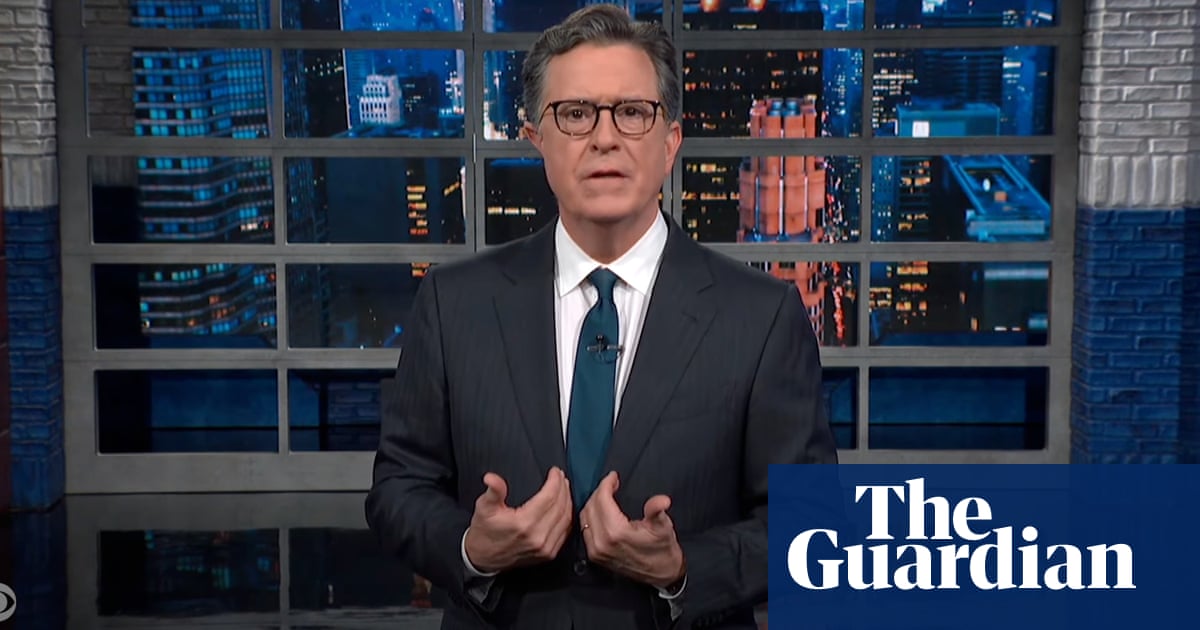
While Rishi Sunak’s plans to reform post-16 education are welcome news (Rishi Sunak’s planned A-levels revamp could include baccalaureate, 21 September), I can’t help but feel that valuable resources could be saved by utilising a tried and tested education framework that students are already benefiting from. The international baccalaureate (IB) diploma enables students to study six subjects including mathematics, English and a foreign language until the age of 18, providing a broader and more rewarding syllabus compared with that of the UK’s national curriculum.
The development of a “British baccalaureate” will be costly, and funding this new vision will be a concern to many, particularly for state-funded schools that are already overstretched. In the UK, the IB is often seen as only accessible to independent schools, but with some creative budgeting and timetable management, a comprehensive IB programme can be delivered by state schools. We have been offering the IB at the state-maintained Impington Village college for more than 30 years as we believe it places our students in the best position to succeed in the global workplace.
Adapting the current curriculum framework is going to be lengthy and costly. The IB represents a proven alternative that can give students the broad range of skills required to thrive in the future.
Victoria Hearn
Principal, Impington Village College and Impington International College
If Rishi Sunak had suffered the slings and arrows of trying to teach young people one thing when they wish to learn another, he might think twice about his proposals for secondary education. If he had witnessed the disenchantment of the secondary school population, as I have as a retired teacher, he would understand that his baccalaureate is not the answer. Students at this level wish to shed useless subjects, not take on more. And maths at this level is only good for you if you wish to pursue it. To add it as yet another compulsory subject would provide just one more burden for young people to resent and rage against.
Allen Marsden
Ramsbottom, Greater Manchester
Half a dozen government commissions on improving education since the second world war have all recommended moving to a broad six- to eight-subject curriculum up to the age of 18, with a baccalaureate-style examination. Each proposal foundered because our three-year university degree course depends on specialist preparation in the sixth form. If a four-year course is necessitated, does the prime minister think adding another £9,000 to the cost of a degree would be a good way of helping the less well off?
Hugh Burkhardt
Emeritus professor of mathematical education, University of Nottingham
While in principle the proposal to have a broader post-16 curriculum is to be welcomed, it is unlikely that Rishi Sunak will have the opportunity to carry it out. The more pertinent question is what a Labour government would do. Labour’s fifth mission, “breaking down the barriers to opportunity”, expresses support for separate T-levels, retaining the artificial divide between vocational courses and A-levels. Vocational qualifications will continue to be regarded as second-class. This division is counter to the mix of cognitive, creative and technological skills that the world of work is increasingly demanding.
Chris Pratt
Author, Building a Learning Nation












